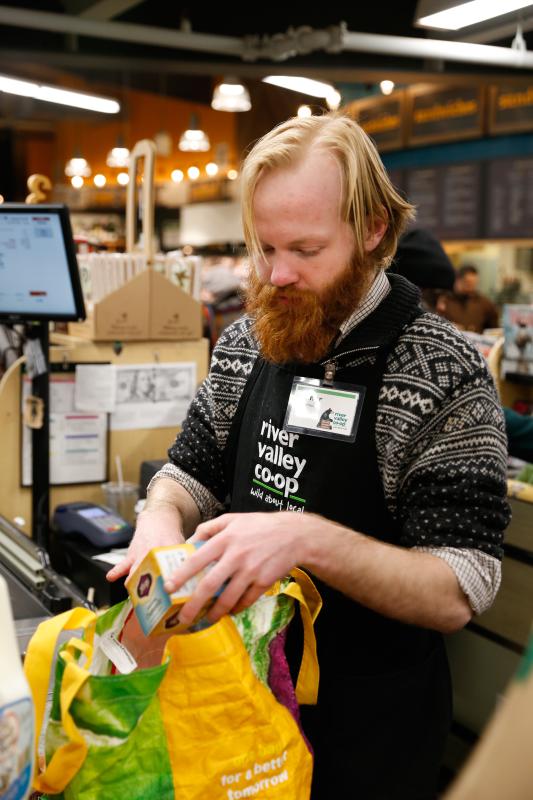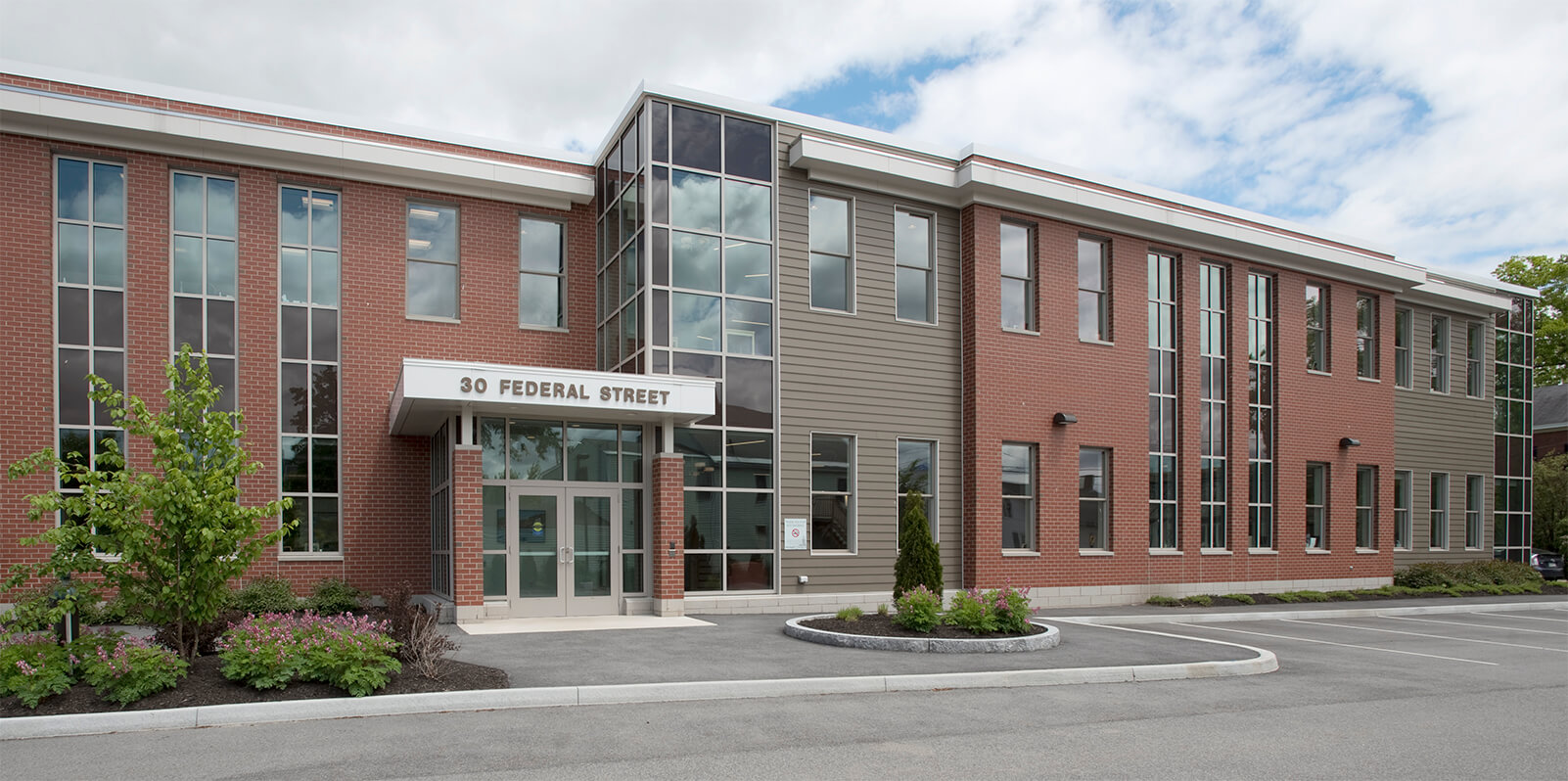June 06, 2016
Local Food Cooperatives as a Cornerstone for Rural Community Development
June 6, 2016 — The following is an article written by Leah Thibault, Director of Executive Administration and Special Projects at CEI Capital Management. It was originally published on TriplePundit.com in February 2016.
By Leah Thibault
There is a trickle-down theory inherent in a lot of economic development activity – programs are primarily designed to help communities, particularly low income ones, attract and grow businesses. The thinking is that those new or expanded businesses will, in turn, improve the lives of community members by giving them employment or by providing additional goods and services, and further spur other business needs that can be answered locally.
But what if you could directly help a businesses and community members at the same time? You can, if that business is a co-op.
A co-operative, or co-op, is an entity owned and democratically controlled by its members, who often have a close association with the business, either as producers or consumers of its products (such as farmers or shoppers for a grocery store), or as its employees.
 Co-ops have been around as long as people have found benefit in working together, but today’s modern co-ops generally work on the seven cooperative principles as outlined byThe International Co-operative Alliance: voluntary and open membership; democratic member control; economic participation by members; autonomy and independence; education, training and information; cooperation among cooperatives; and concern for community.
Co-ops have been around as long as people have found benefit in working together, but today’s modern co-ops generally work on the seven cooperative principles as outlined byThe International Co-operative Alliance: voluntary and open membership; democratic member control; economic participation by members; autonomy and independence; education, training and information; cooperation among cooperatives; and concern for community.
While co-ops have a greater chance of surviving their first five years of business (80 percent versus 41 percent, according to 2015 report by Co-operatives UK), getting one off the ground is a tremendous effort of coordination, and finding financing for infrastructure and capital projects can be difficult.
Back in 1997, some community members in the western Massachusetts town of Northampton met at the local library and decided the area would benefit from a consumer-owned store. As the effort to acquire membership moved forward, the question of where to site said store persisted for years, until a site was selected in 2004. That ushered the next challenge – how to pay for the real estate and construction of the store when membership was about 1,500.
In a way the financing modeled the cooperative ideal – multiple sources contributed, from member fundraising to three different bank loans, several economic development grants and even federal New Markets Tax Credits, as the co-op was sited in a low income census track.
In 2008, the River Valley Co-Op opened its new LEED-certified facility with a mission to provide fresh, local and organically grown groceries to this Western Massachusetts community. Today, nearly 20 years since that first meeting in the library, the vision is even greater than the founders imagined. The business is thriving, with nearly 1,500 daily customers, $23 million in annual sales, and plans for a second store underway.
A true cornerstone of community development, the store employs almost 150 employees (over 89 percent of which are full time with benefits), and the average hourly wage for a non-supervisory position is $13.68, exceeding the local living wage of $13.18. River Valley Co-Op is also a significant buyer of local produce and goods, with $4.2 million going to local vendors, 30 percent of the store’s total purchases.
This kind of robust employment and economic activity is impressive and admirable, but the success and profits of River Valley Co-Op don’t just go to anonymous stockholders, or a few select owners, but flows directly to the 7,480 member-owners who shop at and work for and supply its store. In 2015, River Valley distributed its third annual Patronage Dividend Rebate, which totaled over $100,000. Of that amount, the owners donated $30,000 to the River Valley Co-op Community Fund and The Food Co-op Initiative—two nonprofits River Valley’s Board selected to support to fund other new food co-op start-ups and cooperative development.
Though not a formal co-op, Premium Peanut, a shelling and distribution facility under construction in Douglas, Georgia uses a cooperative-like arrangement that exchanges investment in Premium Peanut by local peanut growers with guaranteed multi-year contracts that include a pricing premium over the government standard, as well as a proportional distributions of Premium Peanut profits.
This structure helps the company achieve its goal of bringing greater stability to its 225 member farmers by helping them gain better access to the market, improve their profitability, and help smooth out the common boom or bust cycles through vertical integration.
Shelling at the $50 million, state-of-the-art facility will start with 110,000 tons for the 2015 peanut crop and is expected to grow to 140,000 tons within the first three years. Financing the effort was not simple for the startup. Because it preserves jobs in a region of Georgia that suffers from high unemployment and poverty rates, the construction qualified for federal New Markets Tax Credits in its overall capital stack of other loans and grants.
In addition to supporting 225 small to medium-sized farms, the shelling facility will create approximately 100 direct jobs, the majority of which will be unskilled positions available to low-income individuals and all will pay a living wage for single adult in the county and include benefits such as paid time off, a 401(k), and subsidized health insurance.
River Valley and Premium Peanut both show how the co-operative model can directly benefit its members and the rural communities that surround them, making investment in local farming and grocery co-ops a win-win for economic and community development.
Image courtesy of River Valley Co-op



